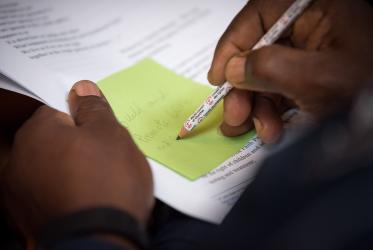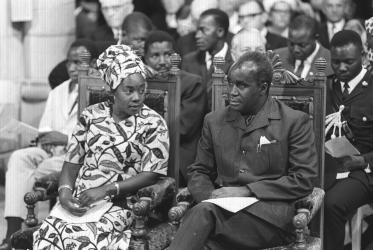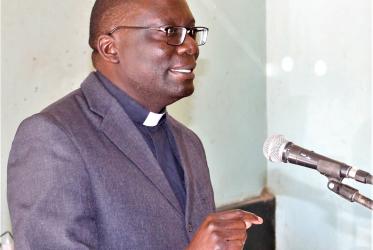Displaying 1 - 11 of 11
03 August 2021
Young Africans are eager to grapple with challenges
09 January 2020
Council of Churches in Zambia: “Involve the people in the process”
09 September 2019
Land rights focus of panel discussion
17 November 2015
Réunions-débats consacrées aux droits fonciers
17 November 2015





